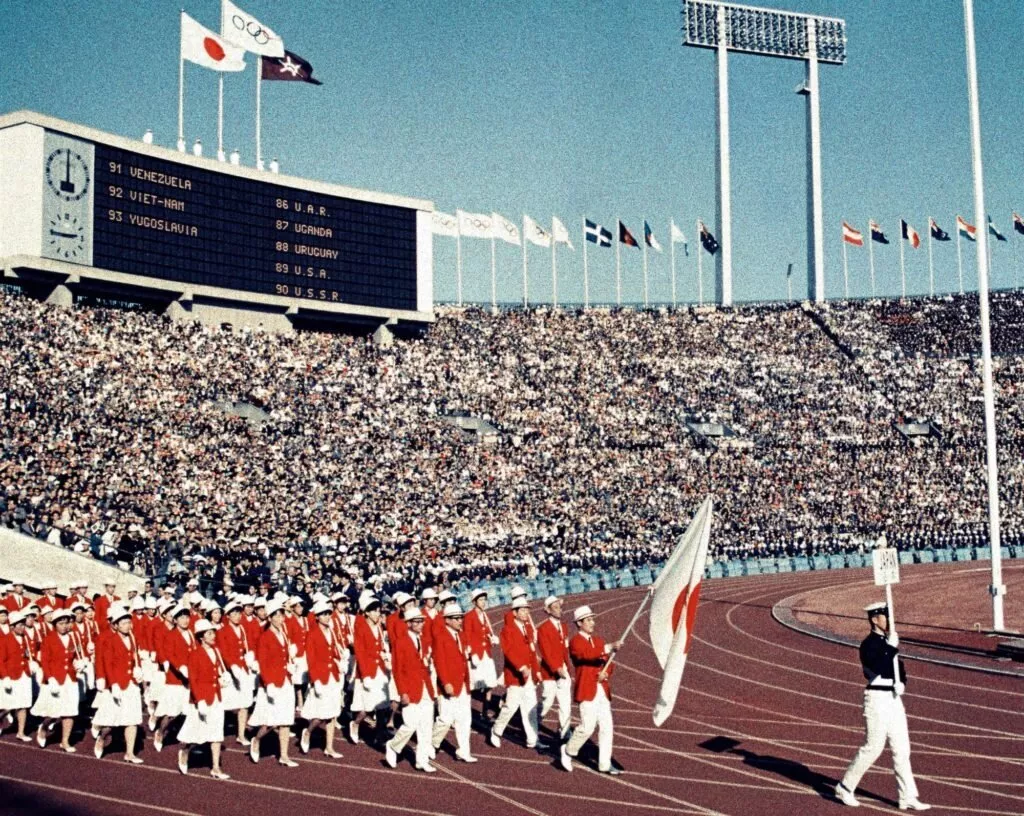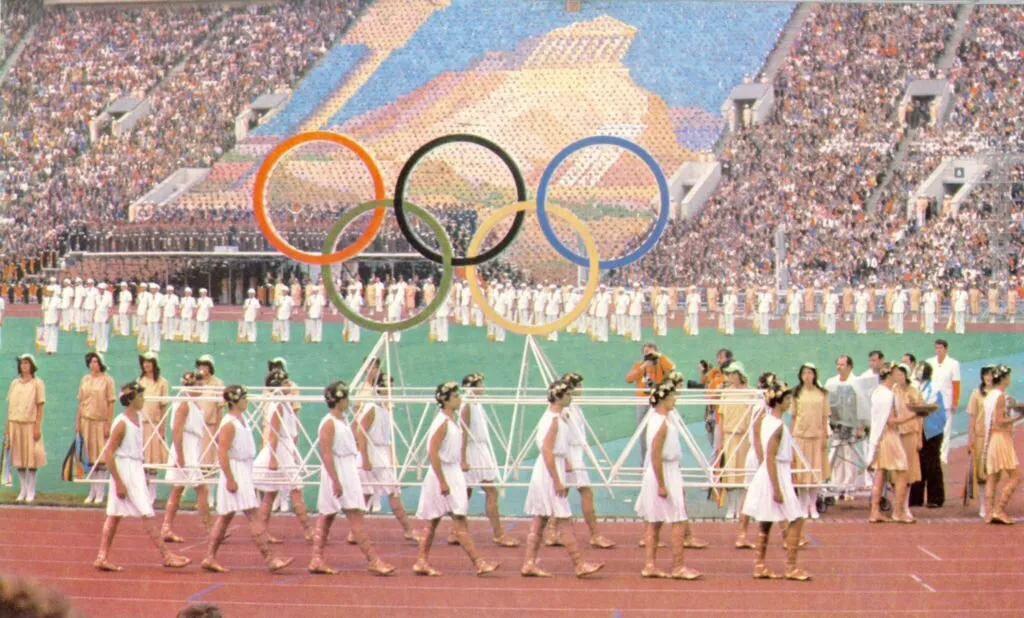Olympics: A look back at editions that were marred by boycotts

(Courtesy : olympics )
Many countries boycotted these games due to different issues.
The 2022 Winter Olympics have been at the forefront of controversy. Several nations announced a diplomatic boycott of the Beijing edition. The reason for the diplomatic boycott is over human rights concerns in China.
Several top nations including the United States, Australia, the United Kingdom and Canada have announced a diplomatic boycott. No officials from these countries would attend the competition. However, the nations will send their athletes to participate in the events.
The prestigious competition will start on February 4 and will continue till February 20, 2022. This would not be the first time that an Olympics is at the centre of controversy. We take a look back at all past instances when countries boycotted the Olympics.
Melbourne Olympics (1956)
The 1956 Melbourne Olympics saw the first instance of the boycott with respect to the quadrennial event. A total of eight countries decided to protest the Melbourne edition due to varying reasons. Egypt, Iraq, Cambodia and Lebanon decided not to participate due to the Suez Crisis.
It happened when Israel, the UK and France invaded Egypt. Spain, Switzerland and the Netherlands protested the Soviet Union’s crushing of the Hungarian Revolution by choosing to stay out. China also decided to not attend the games due to Taiwan's participation in the competition as a separate nation.
Tokyo Olympics (1964)

Three countries, all from Asia, chose to boycott the Tokyo Olympics in 1964. The International Olympic Committee (IOC) refused to admit any participants who took part in The Games of the New Emerging Forces (GANEFO) held in Jakarta, Indonesia in 1963. So, North Korea, China and Indonesia didn't send their athletes to the Tokyo Games.
Montreal Olympics (1976)
The 1976 Montreal Olympics saw the first instance of a mass boycott. A total of 29 countries boycotted the games mainly due to the refusal from the IOC’s side to ban New Zealand, after their rugby team toured South Africa at the height of the Apartheid. It took place even after the United Nations called for a sporting embargo.
Most of the countries were African, with only Senegal and Ivory Coast participating from the continent. Burma, Iraq and Guyana decided to support the boycott. Taiwan boycotted the competition due to the Canadian government’s failure to recognize them as a different nation, with respect to the People’s Republic of China. El Salvador and Zaire (now Democratic Republic of Congo), decided to drop out due to economic reasons.
Moscow Olympics (1980)

The first of the two most famous Olympic boycotts happened at the 1980 edition, which featured the lowest nation turnout since 1956. President Jimmy Carter stated that the USA would not participate in the Olympics, if Soviet Union's presence continues in Afghanistan. The Soviet-Afghan War prompted several countries to join the boycott, which drastically reduced the participation.
The boycott was one of the key features of the Cold War that was happening between the two superpowers of the world. Several countries’ athletes exhibited other forms of protest like marching under the Olympic Flag or under the flags of their respective Olympic Committee.
Los Angeles Olympics (1984)
Los Angeles Olympics in 1984 served as the second part of an epic two-part boycott saga. The USSR announced its decision to boycott the games in May 1984. Bulgaria, East Germany, Mongolia, Vietnam, Laos and Czechoslovakia joined the Soviets in the boycott. They were later joined by Afghanistan, Hungary, Poland, Cuba, South Yemen, Ethiopia and Angola in a communist boycott of the competition.
Albania and Iran had boycotted the 1980 games and chose to stay out of the 1984 edition due to the USA’s political interference with respect to their interests. Libya too opted to stay out of the Los Angeles Olympics. Despite the boycott, the 1984 edition was considered to be financially well-managed, raking in good profits.
Seoul Olympics (1988)
The last major Summer Olympic boycott came after North Korea decided to boycott the Seoul edition due to not being given shared hosting privileges with the South. They were joined by allies Cuba, Ethiopia, Albania and the Seychelles, who did not respond to invitations.
Nicaragua and Madagascar withdrew owing to financial reasons.
For more updates, follow Khel Now on Twitter, Instagram and join our community on Telegram.
Where passion meets insight — blending breaking news, in-depth strategic analysis, viral moments, and jaw-dropping plays into powerful sports content designed to entertain, inform, and keep you connected to your favorite teams and athletes. Expect daily updates, expert commentary and coverage that never leaves a fan behind.
- 'No one came after my injury' - Mirabai Chanu calls for consistent support from fans
- LA28 reveals competition schedule for Paralympics 2028; check full sport-wise schedule
- LA Olympics 2028: Check full competition schedule, dates, venues of all sports
- Abhinav Bindra named torch bearer for 2026 Winter Olympics
- Why is August 7 celebrated as National Javelin Day?
- Top 10 achievements by Indian players in world badminton
- New Zealand, Pakistan likely to miss the LA 2028 Olympics as ICC set to approve regional qualifying format - Reports
- LA28 Olympics: Cricket schedule announced, gold medal match to take place on this date
- LA Olympics 2028 full schedule out, look at potential key dates for Indian contingent
- Does Neeraj Chopra hold any Olympic record in men's javelin throw?